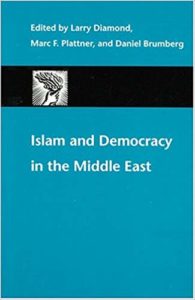July 1996, Volume 7, Issue 3
Democratization in the Middle East: Power and Opposition in Morocco
Read the full essay here.
July 1996, Volume 7, Issue 3
Read the full essay here.
July 1996, Volume 7, Issue 3
Read the full essay here.
July 1996, Volume 7, Issue 3
Read the full essay here.
April 1996, Volume 7, Issue 2
A review of Democracy Without Democrats? The Renewal of Politics in the Muslim World, edited by Ghassan Salamé.
April 1995, Volume 6, Issue 2
Read the full essay here.
July 1994, Volume 5, Issue 3
Read the full essay here.
January 1993, Volume 4, Issue 1
Read the full essay here.
October 1992, Volume 3, Issue 4
Read the full essay here.
October 1992, Volume 3, Issue 4
Read the full essay here.
Fall 1990, Volume 1, Issue 4
A review of Unruly Corporatism: The Associational Life in Twentieth-Century Egypt, by Robert Bianchi.
Spring 1990, Volume 1, Issue 2
A review of Islamic Liberalism: A Critique of Development Ideologies, by Leonard Binder.
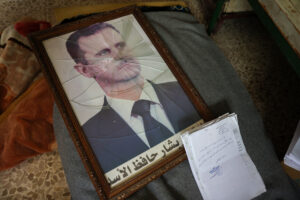
The brutal regime of Syria’s Bashar al-Assad fell in a week. Syrians have been preparing for this moment for years.
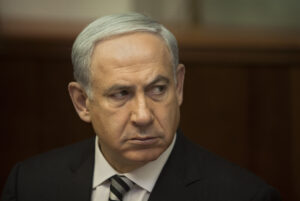
The country’s mass protests were its last democratic guardrail. But Israel’s wartime goals have become a higher priority than keeping Netanyahu in check.
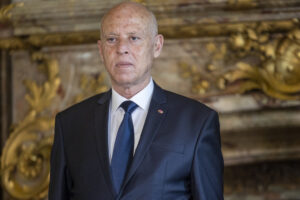
Kais Saied is claiming a landslide election win. The truth is he was never willing to face a real competition. Just how insecure he feels will likely determine how much more repressive he will become.
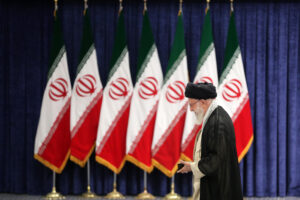
The country’s recent elections revealed deep fissures in Iranian society and there is already growing disillusionment with the new president. With mounting economic worries, Iran is in a volatile state.
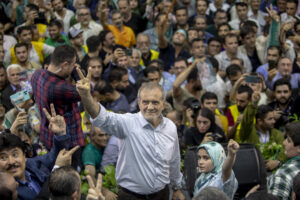
Masoud Pezeshkian won’t be a “reformer” in any genuine sense. Like all Iranian presidents, he has pledged his loyalty to Iran’s supreme leader. What he really offers is a softer version of Iran’s grim repression.
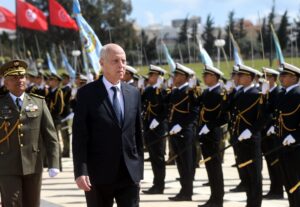
If you want to understand why generals support a presidential power grab, then you need to understand the logic that motivates them. Why they leave the barracks — and what we must do to get them to stand down.
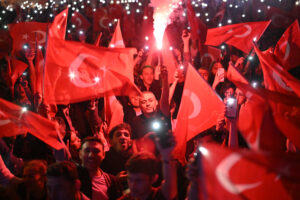
Less than a year after a bitter loss, the opposition dealt Recep Tayyip Erdoğan and his ruling party their largest electoral defeat in decades. The question is whether they can now build on their success.
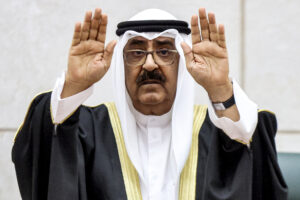
The Gulf kingdom has been a rare democratic experiment. But gridlock and the Emir’s mounting impatience with Kuwaiti politics may be on the cusp of bringing it to an end.
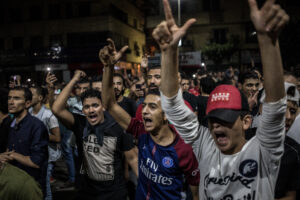
The economy is spiraling, public frustration is mounting, and the regime is becoming more repressive. The next time Egyptians come to the streets, they will be looking for more than promises and free elections.
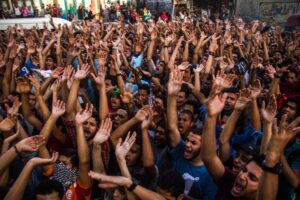
Egypt’s upcoming presidential elections are a sham. But the opposition can still take advantage of this moment to push for genuine reforms that the country desperately needs.
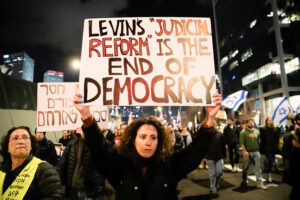
Prime Minister Benjamin Netanyahu wants the public to see his efforts to overhaul the Israeli judiciary as a “reform.” But people have seen it for what it is: a struggle over the very future of democracy itself.
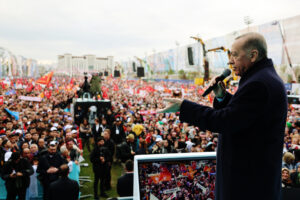
What the opposition did and how Erdoğan managed to escape outright defeat.
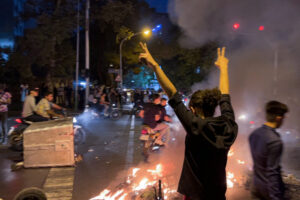
Iran’s women were the Islamic Republic’s first target for repression. This is the newest chapter in their struggle to win back their rights.
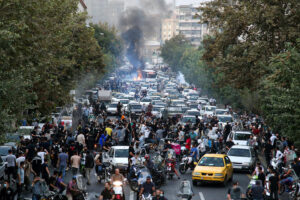
Iranians are once again flooding the streets in protest. How is this wave of demonstrations different?
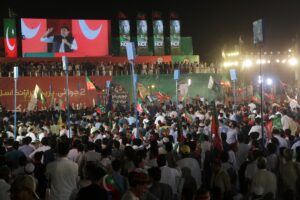
The military has spent decades trying to impose order on Pakistani politics. It has led to chaos.
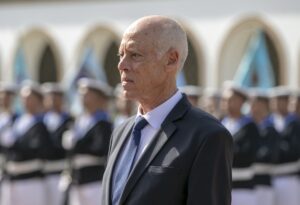
Tunisia’s president is looking to strengthen his chokehold on the country.
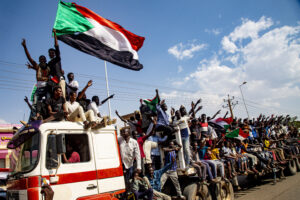
The country just got a new chance to restore its democratic transition. Here’s how they can ensure that Sudan stays on the right path.
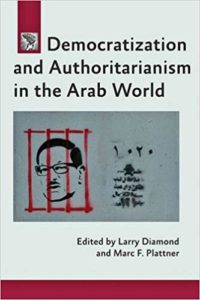
The uprisings that swept the Arab world beginning in 2010 toppled four entrenched rulers and seemed to create a political opening in a region long impervious to democratization.
